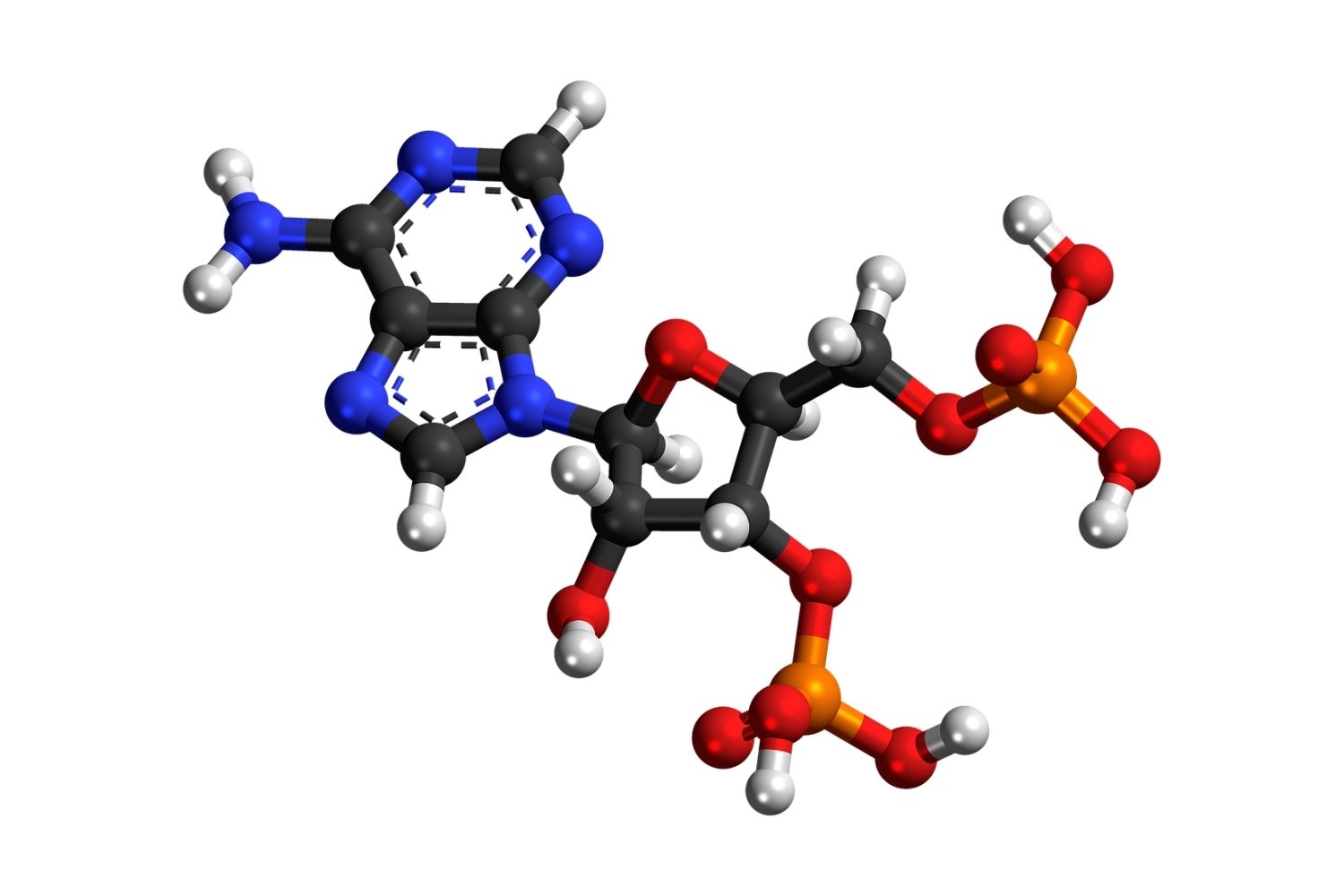
Nucleotides are the building blocks of life, forming the foundation of DNA and RNA. But what exactly are they? Nucleotides are molecules made up of three parts: a sugar, a phosphate group, and a nitrogenous base. These tiny components play a massive role in storing and transmitting genetic information. Without them, cells couldn't replicate or produce proteins. Ever wondered how energy transfer happens in cells? That's also thanks to nucleotides like ATP. From their role in metabolism to their importance in genetic coding, nucleotides are essential for life as we know it. Ready to dive into 30 fascinating facts about these molecular marvels? Let's get started!
What Are Nucleotides?
Nucleotides are the building blocks of DNA and RNA, essential for life. They play a crucial role in cellular processes. Let's dive into some fascinating facts about these tiny molecules.
- Nucleotides consist of three parts: a nitrogenous base, a five-carbon sugar, and a phosphate group.
- There are five primary nitrogenous bases: adenine (A), guanine (G), cytosine (C), thymine (T), and uracil (U).
- In DNA, adenine pairs with thymine, and cytosine pairs with guanine.
- In RNA, adenine pairs with uracil instead of thymine.
- The sugar in DNA nucleotides is deoxyribose, while in RNA, it is ribose.
Functions of Nucleotides
Nucleotides do more than just form DNA and RNA. They are involved in various cellular functions that keep organisms alive and thriving.
- ATP (adenosine triphosphate) is a nucleotide that provides energy for many cellular processes.
- Nucleotides are involved in cell signaling, acting as messengers in various biochemical pathways.
- They play a role in metabolism, helping to synthesize and break down molecules.
- Nucleotides are essential for the replication of DNA during cell division.
- They help repair damaged DNA, ensuring genetic information remains intact.
Nucleotides in Medicine
Nucleotides have significant applications in medicine, from diagnostics to treatments. Their role in health and disease is a growing field of research.
- Antiviral drugs often mimic nucleotides to disrupt viral replication.
- Nucleotide analogs are used in chemotherapy to target cancer cells.
- Genetic testing relies on nucleotides to identify mutations and genetic disorders.
- Nucleotide supplements are being studied for their potential to boost immune function.
- CRISPR technology uses nucleotide sequences to edit genes precisely.
Nucleotides in Nutrition
Nucleotides are not just important in biology and medicine; they also play a role in nutrition. They can impact growth, development, and overall health.
- Human breast milk contains nucleotides that support infant growth and immune function.
- Some infant formulas are fortified with nucleotides to mimic the benefits of breast milk.
- Nucleotides in food can enhance gut health by promoting beneficial bacteria.
- They are involved in the synthesis of proteins and other essential molecules.
- Dietary nucleotides may help improve recovery from illness or injury.
Interesting Facts About Nucleotides
Nucleotides have some surprising and lesser-known aspects that highlight their importance and versatility.
- The discovery of the structure of DNA by Watson and Crick in 1953 was a milestone in understanding nucleotides.
- Nucleotides can form cyclic structures, such as cyclic AMP, which is important in cell signaling.
- Some viruses use RNA as their genetic material, relying on RNA nucleotides.
- Nucleotides can be synthesized in the body or obtained from the diet.
- The human genome contains about 3 billion nucleotide pairs.
Nucleotides in Evolution
Nucleotides have played a crucial role in the evolution of life on Earth. Their ability to store and transmit genetic information has driven the diversity of life.
- Mutations in nucleotide sequences can lead to genetic variation, which is essential for evolution.
- Horizontal gene transfer, where genes are transferred between organisms, involves nucleotide sequences.
- The study of ancient DNA has revealed how nucleotide sequences have changed over time.
- Nucleotide sequences can be used to trace evolutionary relationships between species.
- The genetic code, based on nucleotide triplets, is nearly universal across all living organisms.
The Final Word on Nucleotides
Nucleotides are the building blocks of life. They play a crucial role in storing and transmitting genetic information. Without them, cells couldn't function properly. These molecules form DNA and RNA, the blueprints for all living organisms. They also help in energy transfer through ATP, the cell's energy currency. Nucleotides are involved in cell signaling and metabolism, making them essential for life.
Understanding nucleotides can help in fields like genetics, medicine, and biotechnology. Scientists use this knowledge to develop new treatments for diseases and to understand genetic disorders better.
So, next time you think about what makes life tick, remember nucleotides. They might be tiny, but their impact is enormous. From the simplest bacteria to the most complex humans, nucleotides are at the heart of it all.
Was this page helpful?
Our commitment to delivering trustworthy and engaging content is at the heart of what we do. Each fact on our site is contributed by real users like you, bringing a wealth of diverse insights and information. To ensure the highest standards of accuracy and reliability, our dedicated editors meticulously review each submission. This process guarantees that the facts we share are not only fascinating but also credible. Trust in our commitment to quality and authenticity as you explore and learn with us.
